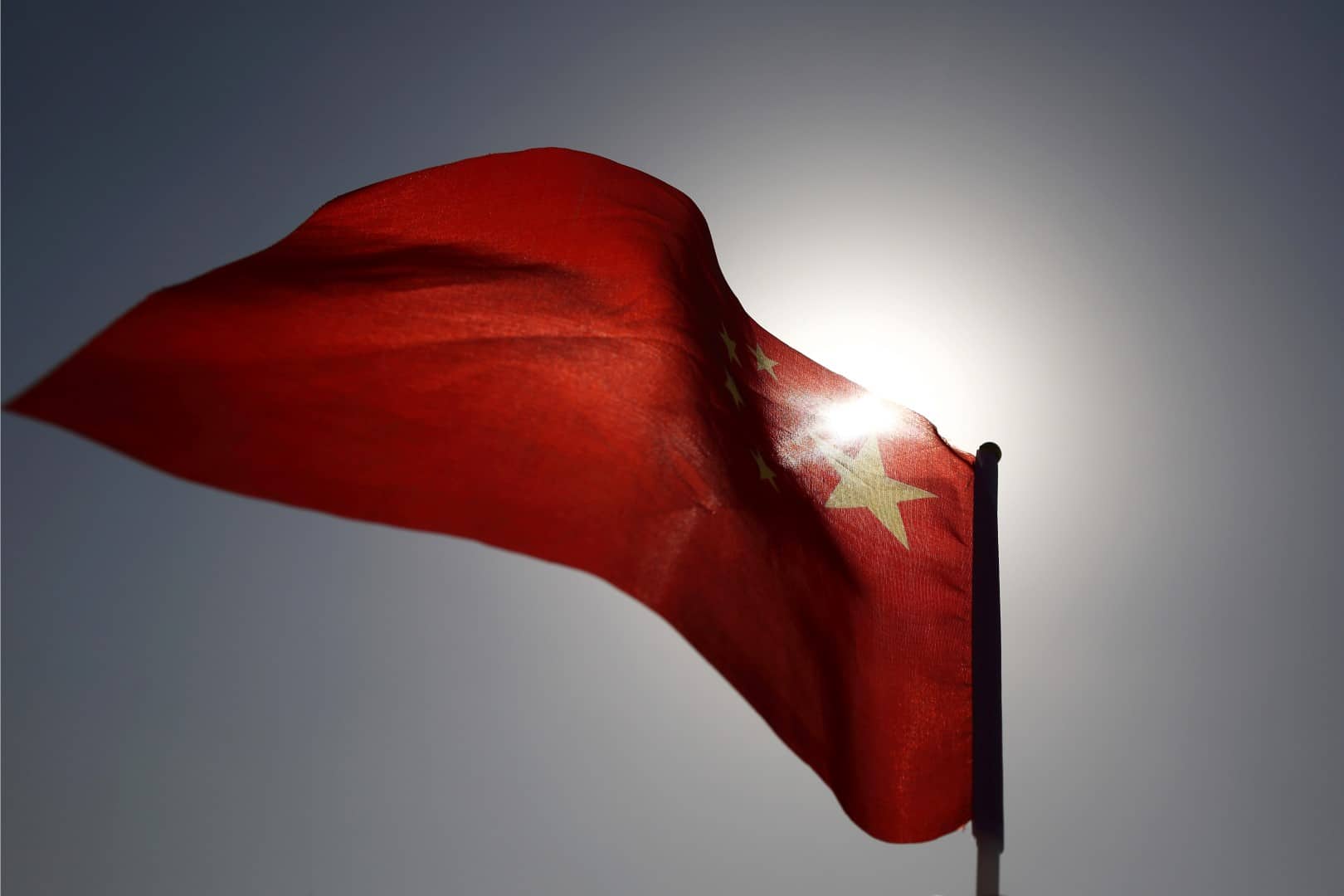China is reported to be preparing contingency plans for possible scenarios for the yuan and capital outflows this year, according to a Bloomberg report.
The authorities have allegedly used stress tests, models and field research, while financial regulators have already encouraged some state-owned enterprises to sell foreign currency. If deemed necessary, they will also order them to temporarily convert some holdings into yuan under the current account.
To unlock the Asian market, register now to the iFX EXPO in Hong Kong
The reported plans come amid increasing pressure on the yuan from a resurgent dollar, rising capital outflows and concern that Donald Trump may carry out his threats to take punitive measures on China’s exports.
Policy makers in Beijing have recently taken a slew of measures to tighten control of the currency market, as reported by Finance Magnates this week.
These measures include placing higher scrutiny on citizens’ conversion quotas and stricter requirements for banks reporting cross-border transactions.
Eddie Cheung, a Hong Kong-based foreign-Exchange strategist at Standard Chartered, commented: “China has been challenged by capital outflows and declining foreign-exchange reserves, and policy makers are taking measures to solve the problem. Funds will continue to exit in the first half due to individuals’ purchases of the dollar and on concerns of U.S. political uncertainty.”
There is also the possibility that China may further sell US Treasuries in 2017 if needed to keep the yuan’s exchange rate stable, according to sources cited in Bloomberg. The size of the reduction will depend on capital outflows and market intervention.
Capital Outflows
China’s foreign reserves fell to a five-year low of $3.05 trillion as of November as the world’s second-largest economy used its currency reserves to support the yuan. Around $760 billion left the country during the first 11 months of 2016, according to Bloomberg, with the yuan expected to decline 2.5 percent the rest of this year, according to estimates.


















